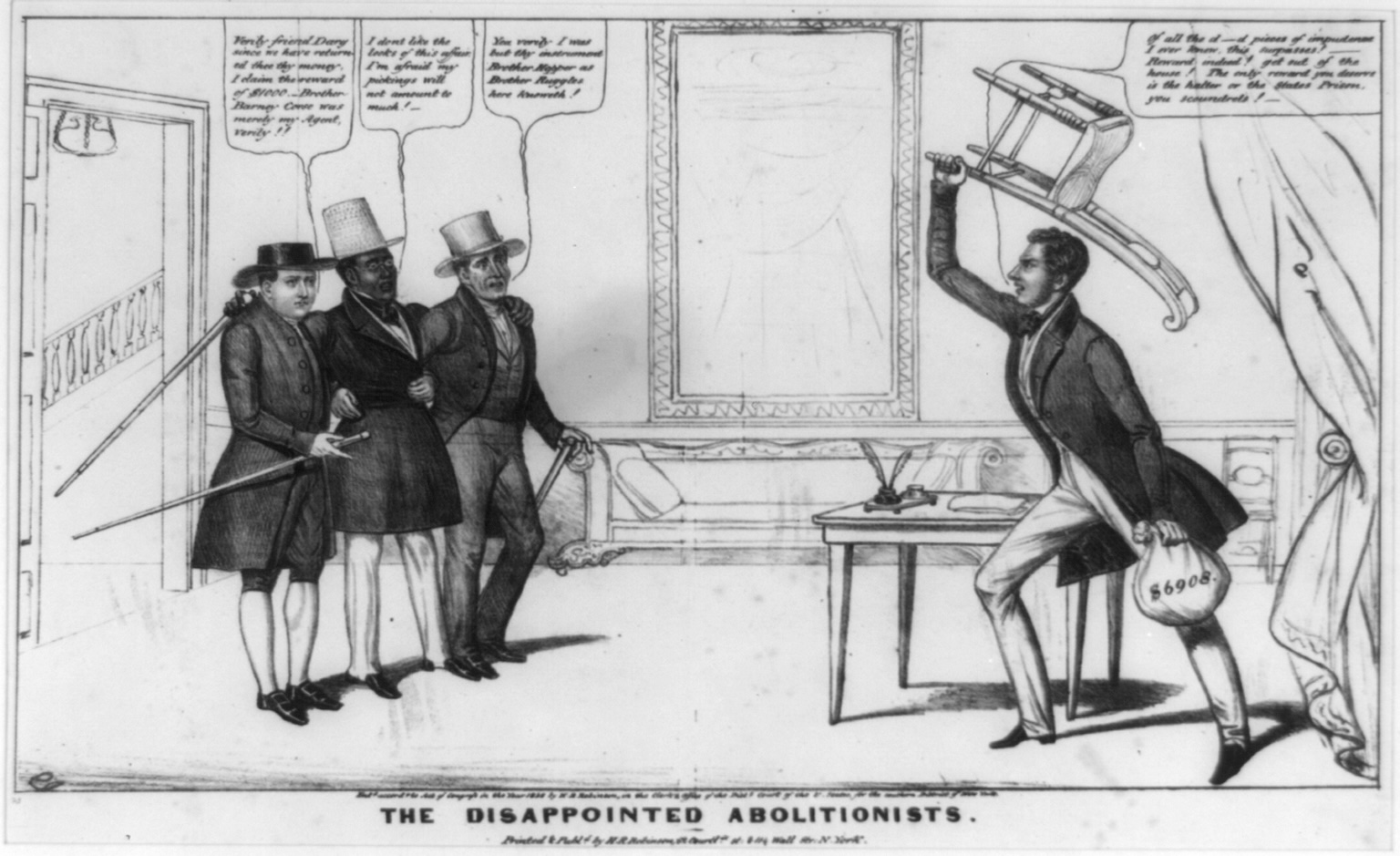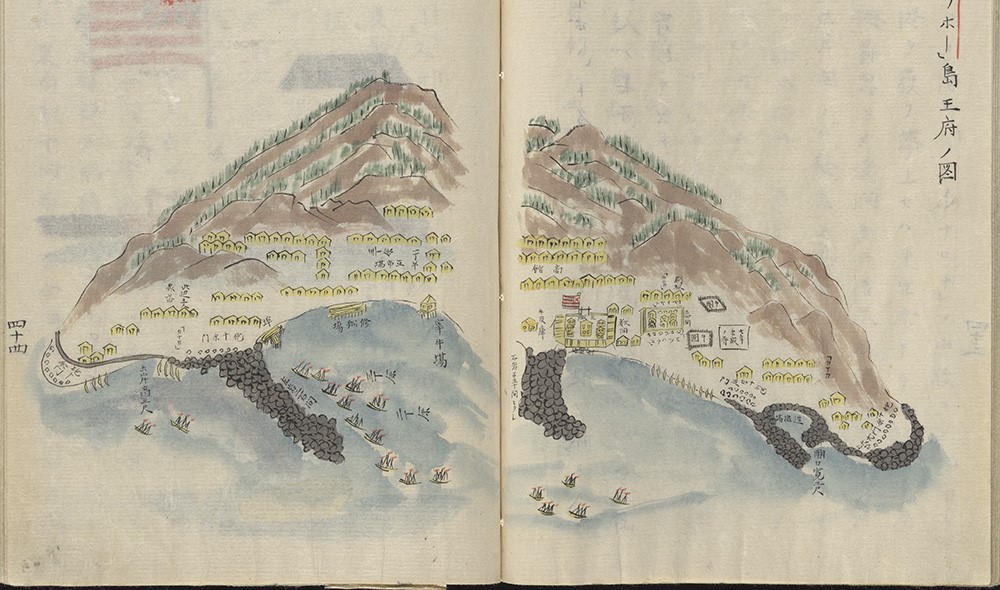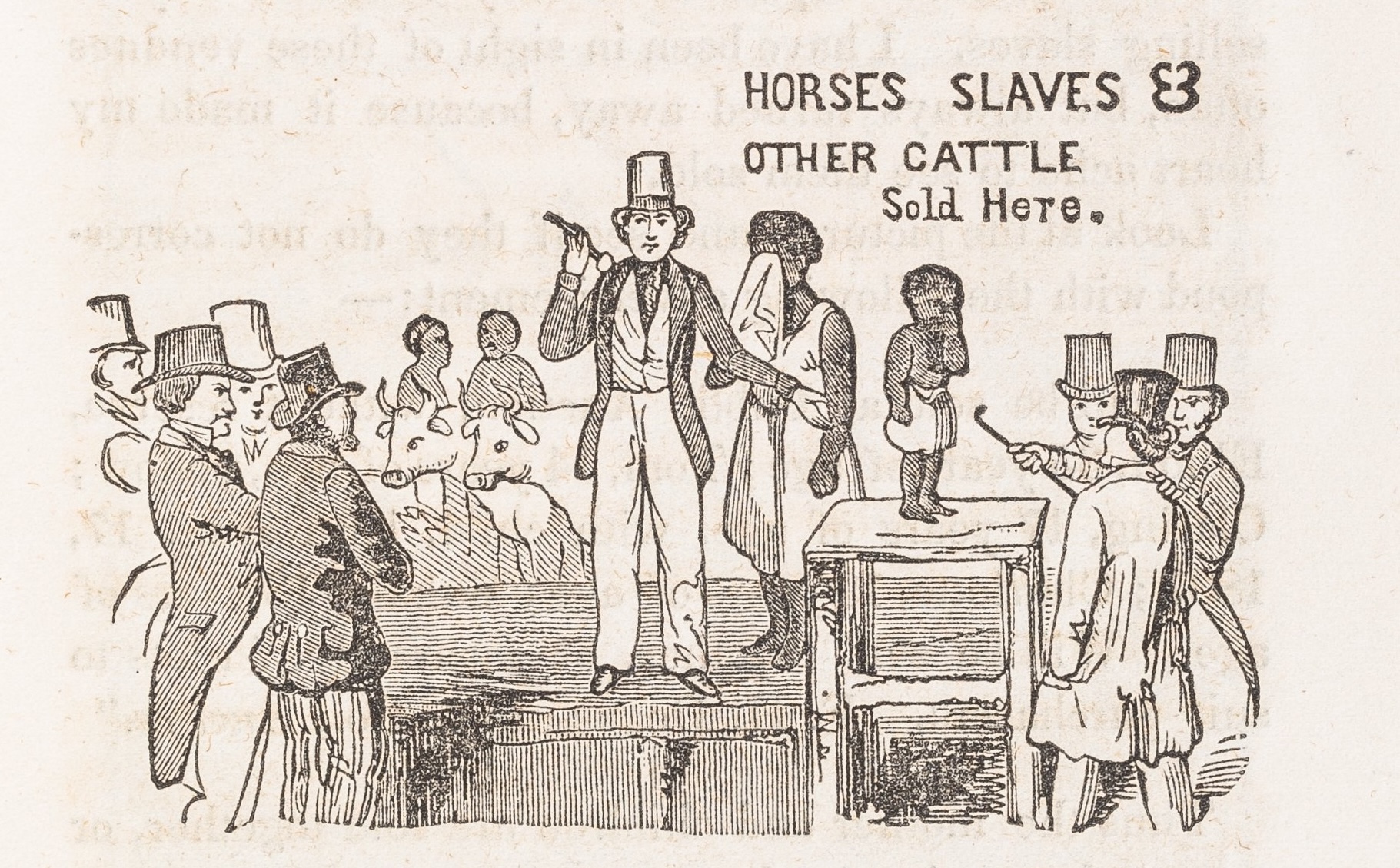What are words worth in the face of a great evil, especially when the evil in question–American slavery–dwells in the distant past? Not much, Americans seem to believe. Although demands for a formal apology for slavery made headlines in 1997 and 1998, during then-President Clinton’s oft maligned “national conversation on race,” the pressure has since abated. And, despite an end-of-the-millennium global frenzy of what one pundit labeled “apologiamania”–by the Brits for the potato famine, by the Vatican for the Crusades and the Inquisition, by the Canadians and the Australians for long-ago crimes against indigenous peoples, by Clinton himself for so many, many things–no official repudiation of the legacy of slavery has been issued. Nor is one likely to be offered any time soon, in large measure because people spanning a political spectrum from Newt Gingrich to Jesse Jackson agree that words simply won’t do. Why?
The argument from the Right is predictable: such a national lamentation, conservatives hold, comes too late and risks too much. An apology, they argue, would revive ancient history–and misplace blame in the process. “I don’t know what place it has with our modern problems,” an Atlanta businessman told the Boston Globe. “Why are we responsible for what went on 200, 300 years ago? . . . I never owned a slave.”
From others, on both the Right and the Left, comes the worry that an apology would act as a proverbial camel’s nose peeking under some larger and costlier tent. Thinking more like defense lawyers than repentant sinners, those who gainsay sorry-saying fear that words of regret would amount to an admission of liability. Which, in turn, could become an obligation for payment. Thus President Clinton’s own tortured, passive-voiced, sue-proof statement on the subject: “Going back to the time before we were even a nation,” he told an audience in Uganda in March 1998, “European-Americans received the fruits of the slave trade and we were wrong in that.” Depends on what the meaning of “were” is.
Those on both sides of the political aisle who would stop short of a genuine apology concur, ironically, with African American activists, many of whom have moved past speech in their efforts to answer history. Indeed, conservatives who see an official repudiation of slavery as a flimsy pretext for a more tangible form of judgment are, in essence, correct. The cry for “apology,” no matter how heartfelt, sounds positively quaint against the hotter rhetoric today’s activists embrace: Restitution. Redress. And, especially, reparation.
As Randall Robinson, a leader in the apartheid disinvestment campaigns in the 1980s and a central figure in the growing reparations movement today, explained last year in his popular book, The Debt (New York, 2000), the legacy of slavery is monetary as well as moral: centuries of unpaid wages and lost property valued at between $700 billion and $4 trillion. The weapons needed to lay claim to such an inheritance are torts in courts, not apologies on bended knees. And so at least two organizations, the National Coalition of Blacks for Reparations in America (N’COBRA) and the Reparations Assessment Group, led by Johnnie Cochran and Harvard Law School’s Charles Ogletree, are readying massive class-action lawsuits against the United States on behalf of the descendants of slaves. Can mere words pay out such claims? Hardly, says Dorothy Lewis, co-chair of N’COBRA. “We’re not having a damn thing in lieu of reparations,” she told reporters. An instance, as a title of a recent collection of essays on the subject puts it, When Sorry Isn’t Enough (New York, 1999).
Hard to disagree. Yet it’s worth pointing out that such an understanding of the relative value of words and things is itself deeply historical, a product of our own place in time. In the seventeenth and eighteenth centuries–the very period that witnessed the twinned growth of European settlement and African slavery in the future United States–many plaintiffs would have preferred an apology to other forms of redress. Including money. In an age before markets were mature and widespread, cash didn’t buy much. But words–and the reputations they made and broke–counted for a great deal. Worth a thousand pictures, you might say, even if the pictures in question were portraits of kings and queens on currency. Not to mention the value of words on writs of manumission, forged passes, abolitionist lectures, and proclamations of emancipation.
Times have changed of course–often, though not always, for the better. Still, perhaps our forebears were onto something where the power of apology was concerned. Recent episodes remind us that even in these days of 24/7 multimedia chatter, words can still act like weapons. Even, or perhaps especially, words about slavery.
How else to understand the almost atavistic reaction to leftist-turned-rightist David Horowitz’s witless and inflammatory advertisement entitled “Ten Reasons Why Reparations for Slavery is a Bad Idea–and Racist Too“, which ran in nine college dailies last March? Too patently specious to merit serious rebuttal, Horowitz’s paid screed nonetheless prompted not just heated speech (op-ed writers on the Right and the Left had a field day with the episode), but swift action as well. At Brown University, outraged students destroyed a whole press run of the school’s Daily Herald and stormed the paper’s offices to demand further redress. Mere words, it seems, can still wound.

But can they still heal? Consider that one of the most common remedies in the Horowitz case was that age-old salve, the formal public apology, which several college newspapers offered in earnest. Meanwhile, the arguments that ultimately cleared the way for the publication of The Wind Done Gone (Boston, 2001), Alice Randall’s parody of the iconic Gone with the Wind, reveal at once the harmful power and redemptive potential of words. Gone with the Wind, Randall’s publisher explains, “has harmed generations of African Americans.” Randall’s own counter-novel, in contrast, “might help heal some of our culture’s oldest and deepest wounds.”
If words are still weapons, then, maybe they’re medicine, too. And if a formal government apology for slavery rings hollow, what about the words that make up history? The legal struggle to publish The Wind Done Gone, as Toni Morrison points out in her brief to the court, is a battle over nothing less than “who controls how history is imagined” and written–about “who gets to say what slavery was like for the slaves.” In this special slavery issue of Common-place, scholars, novelists, archivists, activists, and museum professionals all take their turns answering Morrison’s profound and difficult charge.
Who gets to say what slavery was like? Don’t be left speechless. Join the discussion on our Republic of Letters. Power for words, indeed.
This article originally appeared in issue 1.4 (July, 2001).




















